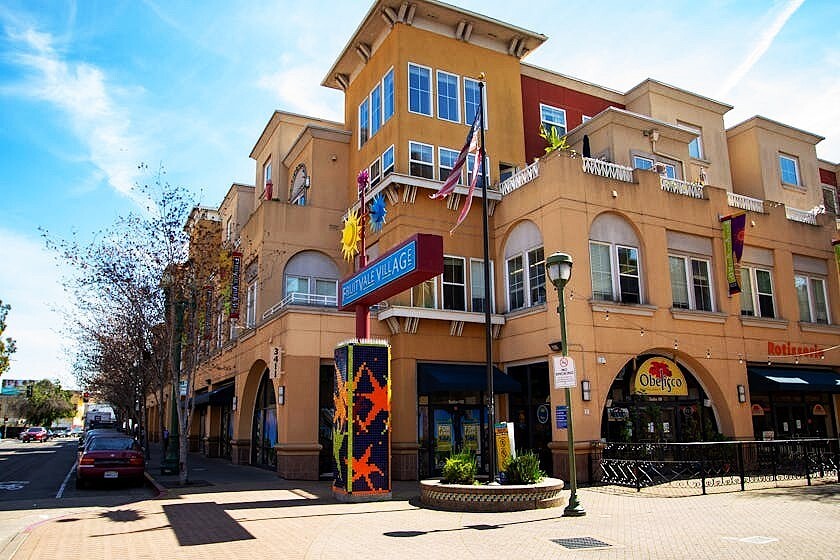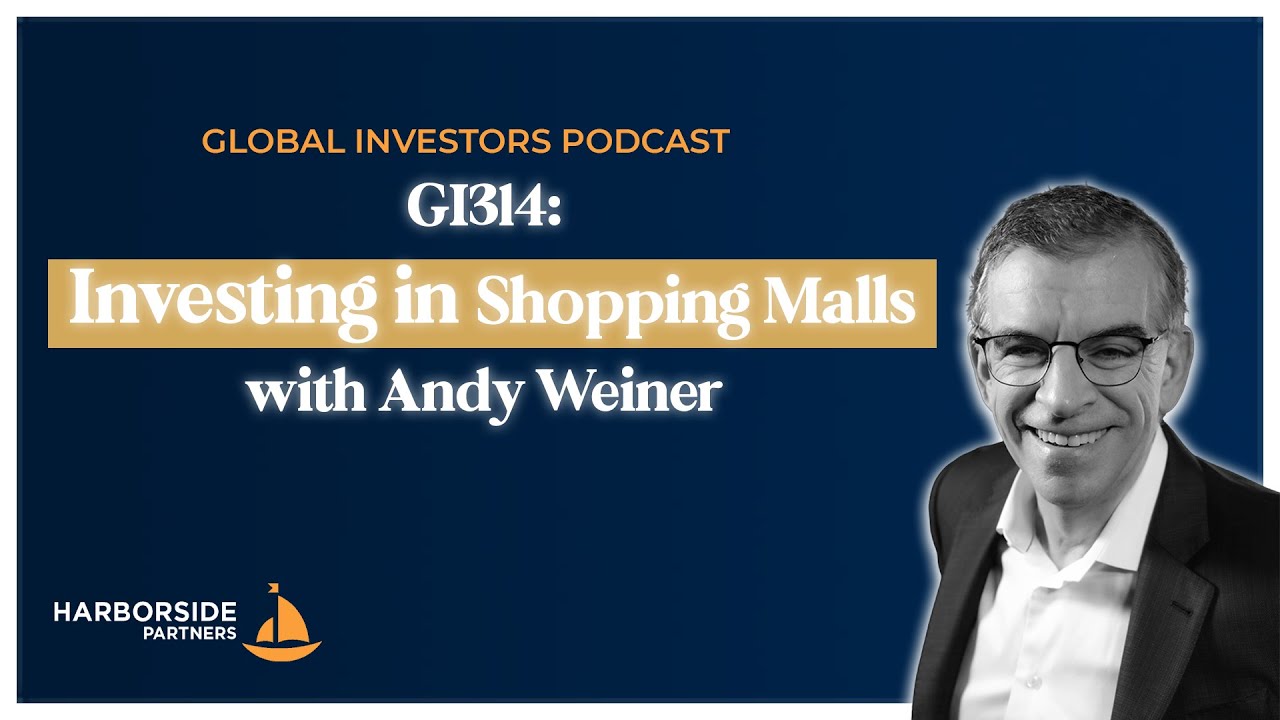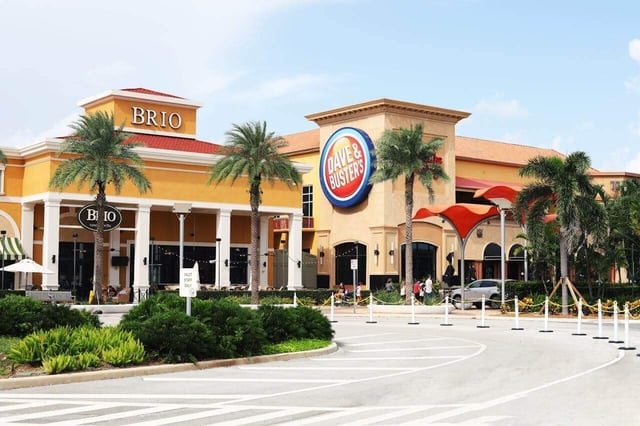
New retail real estate investors often make mistakes such as avoiding retail, investing too much in a single deal, expecting quick returns, chasing hot markets, focusing only on cap rates, ignoring tenant mix, underestimating expenses, or skipping due diligence. Understanding these pitfalls helps build smarter, more resilient portfolios.
For more educational videos like these, check out The Shopping Center Channel!
When I talk to new retail real estate investors, I often hear the same concerns and see the same avoidable mistakes. There’s nothing wrong with being new—everyone starts somewhere. However, I’ve been in this field for a long time, and I’ve seen firsthand how easily first-time investors can get burned.
Some of these mistakes come from emotion. Others come from misunderstanding what retail real estate really is. But nearly all of them can be avoided with better education and a more disciplined approach. Here are the most common errors I see beginners make, and what I believe they need to know to steer clear of them.
.png?width=840&height=630&name=12%20mistakes%20for%20new%20investors%20graphic%20(1).png)
Mistake #1: Avoiding Retail Real Estate Because It Feels Risky
One of the most common missteps beginners make is avoiding the retail sector entirely. They often believe it’s too risky compared to other asset classes. But retail is one of the strongest opportunities in today’s market. Right now, it’s the yield play. It offers positive leverage, and there’s significant value in owning second-generation real estate at below replacement cost.
Especially in an inflationary environment (which is where I believe we’ll be for quite a while), real estate ownership becomes a smart, strategic hedge. Retail should not be dismissed based on outdated assumptions.
Mistake #2: Putting All Your Capital Into One Property
If you’re coming in with, say, $500,000, you might think it makes sense to buy one property outright. I strongly advise against that. If someone has half a million dollars they want to invest in the retail space, they should either make two or three investments or put it into a fund, allowing them to diversify across assets.
Why? Because things don’t always go to plan.
When you’re in a fund, if one deal doesn’t go well, it’s likely to be balanced out by another investment that performs above projections. That gives you a higher probability of hitting your overall target returns. Diversification reduces your risk and increases your chances of success, especially in the early stages.
Mistake #3: Thinking It's A Get-Rich-Quick Game
There’s a persistent myth that real estate is a quick path to wealth. In my experience, many first-time investors enter expecting quick returns. But income plays in shopping centers are long-term strategies. You need to think in terms of five-to-six-year timelines.
Done right, these investments can generate strong internal rates of return (typically in the 12- to 18-percent range), depending on the risk level of the asset.
That’s a solid return, but it requires patience, planning, and steady execution. This is not a flip game. It's a cash-flow game.
Mistake #4: Jumping Into Redevelopment Too Soon
There’s a lot of interest right now in redevelopment plays, and I understand the appeal. The idea of taking a property with problems and transforming it into something valuable is exciting. But it’s also risky.
If you’re going that route, you need to be targeting a return of at least 20 percent or more to justify the additional exposure.
You're exposed to two major risks:
- “Can you complete the redevelopment on time, on budget?”
- “What will the interest rate environment be at the time of the exit?”
If either of those moves against you, you have the potential of not hitting your returns or losing all your investment. For first-time investors, I recommend sticking to stabilized, income-producing assets or diversified funds.
Mistake #5: Chasing Hot Markets Without Understanding The Downside
Hot markets are flashy. But if you’re buying in one, you’re usually paying a premium. That makes it much harder to grow value after the purchase. The opportunity for appreciation is limited when you’ve already bought at the top.
That’s why I prefer markets that are steady and overlooked. We go after “quieter markets” that have steady growth and that have essential driver growth. This allows the RockStep team to buy properties at a better price and a higher cap rate.
Mistake #6: Focusing Too Much On Cap Rate
Cap rate matters, but it doesn’t tell the whole story. I often see new investors lock in on the cap rate as if it’s the only number that counts. But you need to go deeper.
You need to ask:
- “Can net operating income increase over time?”
- “Is there a good chance it will stay steady?”
- “What’s the likelihood that cap rates will move against you?”
You also need to make sure there is enough working capital for maintenance and for tenant improvement dollars to make sure that the asset stays healthy. Cap rate without context can be misleading.
Mistake #7: Falling In Love With The Deal
It happens to all of us. You find a property that checks every box on paper, and you get emotionally attached. But emotions make bad investment partners.
Emotional attachment can kill an otherwise rational investment process. I’ve seen investors fall in love with a property and ignore the numbers. If the price gets too high, you must have the discipline to walk away.
There may be emotional, financial, or even reputational reasons why you want to keep pushing, but sometimes, you simply have to walk.
Mistake #8: Letting Confirmation Bias Influence Your Analysis
Confirmation bias is dangerous. We all fall into the trap of looking for information that supports what we already believe. But in this business, you have to fight that tendency.
That means staying cold and objective. It also means getting outside your own head. That means being brutally honest in your underwriting. You also need to engage with local business leaders, community stakeholders, and all of the tenants. When you do that, you get closer to the truth. You learn what’s really happening in the market instead of seeing only what you want to see.
Mistake #9: Overlooking Tenant Mix & Leasing Complexity
Most new investors don't understand or care about the complexity of tenant mix and leasing strategy. They focus on physical assets but ignore who’s actually occupying the space and how those tenants relate to each other. And that’s a huge blind spot.
Tenant synergy is critical in retail. Strong anchors drive foot traffic. Lease expirations need to be staggered. Co-tenancy clauses need to be understood. If you’re not analyzing all of that, you’re missing a huge part of what makes a center succeed.
Mistake #10: Understanding Operational Costs & CapEx
Every shopping center has ongoing needs (roofs, HVAC systems, landscaping, parking lots, and so on). If you don’t assess those properly upfront, you’ll feel it later.
That’s why property management matters. Budgeting is just as important as leasing. You need a detailed process in place to manage all these physical components and ensure your expenses stay under control. If you don’t account for that upfront, you’ll pay for it later.
Mistake #11: Not Understanding Co-Tenancy Clauses
Co-tenancy is one of those hidden risks that catches a lot of new investors by surprise. If a major tenant leaves and isn’t replaced by a qualified alternative, other tenants might have the contractual right to reduce their rent.
In other words, one closure could cause a ripple effect that lowers your rental income across the board. You have to understand this risk before you buy.
Mistake #12: Skipping Due Diligence Or Underestimating Market Risks
At RockStep, we’ve built guardrails to avoid these kinds of mistakes. We’ve developed a tight due diligence process so we don’t overpay. We’ve narrowed our market focus to places with essential economic drivers. And we avoid properties that come with major capital exposure.
We didn’t always get it right. In the past, we went into markets that were too small and lacked long-term drivers. We mistimed some purchases and paid too much. But we learned, and now we know how to avoid those traps.
The good news? You don’t have to learn those lessons the hard way like we did.
Final Advice: Stay Curious, Stay Humble
If you’re new to retail investing, my best advice is simple: do your homework. Learn everything you can about the sponsor, the property, and the sector. Use educational resources. Ask questions. Don’t assume you already know the answer.
Investing is hard. Mistakes will happen, and lessons will be learned. But if you partner with experienced people who’ve been through those cycles, your odds of success go up.
And if you've learned along the way, I believe the odds are better that you won't make the same mistakes twice.
Andy Weiner is the CEO and Founder of RockStep Capital, a Houston-based real estate investment firm focused on shopping center developments in secondary and tertiary markets. A Stanford and University of Texas graduate, he began his career in his family’s retail business. Since 1997, he has led the acquisition or development of over 9.7 million square feet of shopping centers across 11 states without capital calls or assets returned to lenders.
Topics:

























